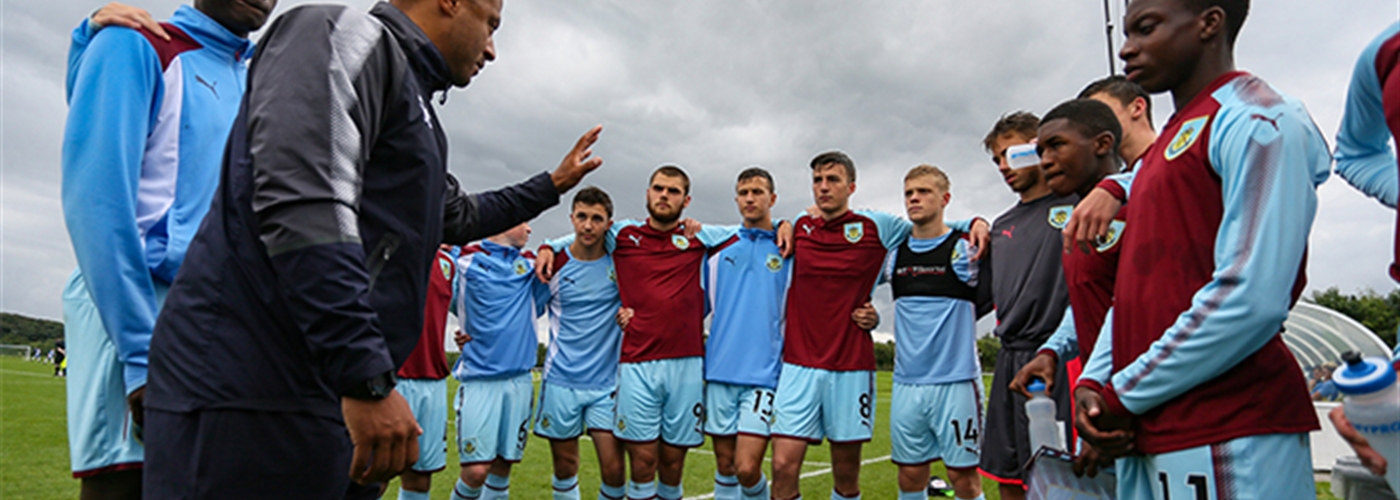Darren Moss, FA regional coach development officer, outlines his five top tips to help grassroots coaches deliver an effective pre-match team talk.
Environment
The age and experience of your players should dictate the emphasis you place on pre-match team talks. Lots of coaches try to deliver a rousing and passionate team talk before games, but often it’s not needed. For most young players, how you help them feel part of their surroundings is more important than any changing room speech.
On arrival, welcome the players and ask them about their week. This will help you start to understand the feelings of all the individuals in front of you – don’t just assume they’re comfortable. As you get to know the group better – and how they feel on matchday – you can be more flexible and inclusive with what you say and how you say it.
Consistency
Many young players feel anxiety and nerves on the day of a game. So, a positive pre-match approach is important. During your team talk, or when chatting with individuals, avoid dwelling on past mistakes and instead remind the group of:
- what went well in training last week
- positive highlights from the previous game
- positive individual performances.
Consistency in behaviour is also key and something you should keep track of across the season. If you’re relaxed and approachable at training, but less so on matchday, the feeling will transfer to your players.
Timing
The timing and duration of a pre-match team talk are important. Before you start, make sure everyone is ready and focused, and deal with any other distractions (kit, toilet breaks).
Focus on three key points – one each for in possession, out of possession and transition – from last week’s training or match. Deliver them in language that the players understand.
With young players, consider delivering your pre-match talk in earshot of parents. Your positive and inclusive approach may also influence the parents on the touchline before kick-off.
Communication
Visuals, such as a whiteboard, can be used to consolidate your pre-match messages. A formation on a board or bibs/cones on the ground may all help. If your players are older, set pieces may be printed out or shown using technology.
Crucially, be yourself and aim to be calm and positive. If you do need to change tact and tone of voice, it will be more impactful. Keep some things in reserve to impact the players positively at different times.
Enjoy the experience
Remember the matchday experience is a learning opportunity for both players and coaches. Be part of the team and enjoy the day. If the players understand that you’re an extension of them and that you care, the trust between you and the group will grow. Be the coach that’s remembered as a positive influence. You win, lose, draw and learn together – that’s why you’re a team.
What do you think of these top tips? What advice can you give to others to help them with their pre-match team talk? Leave your answers in the comments below!


